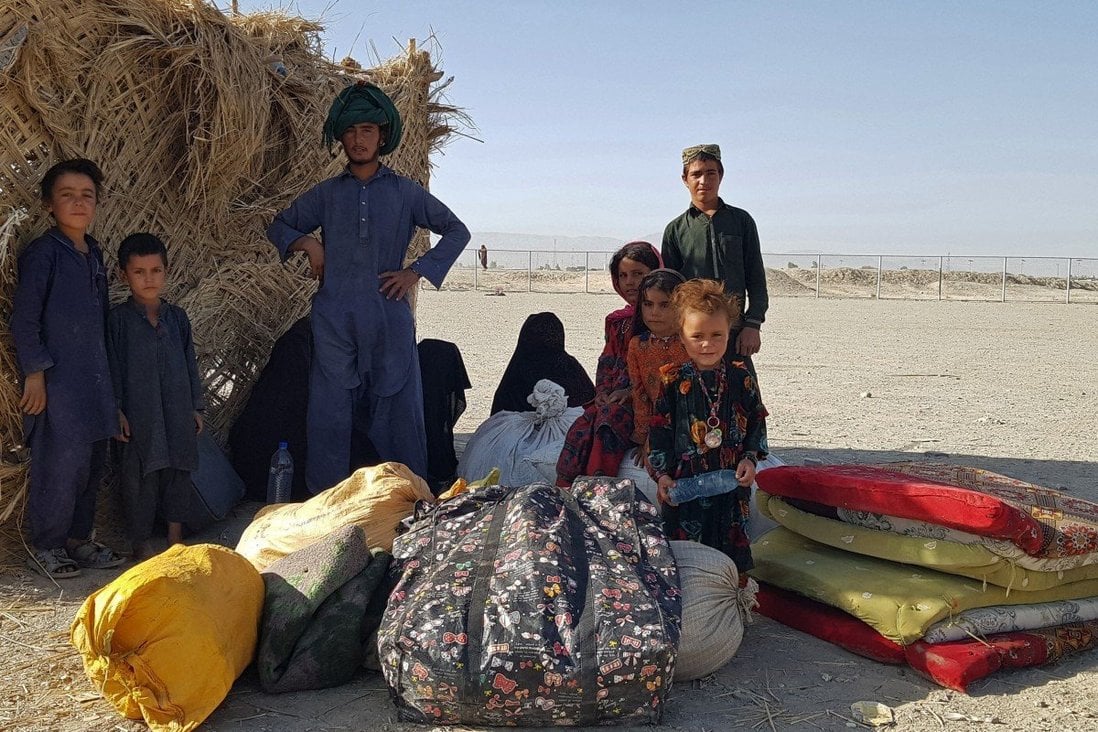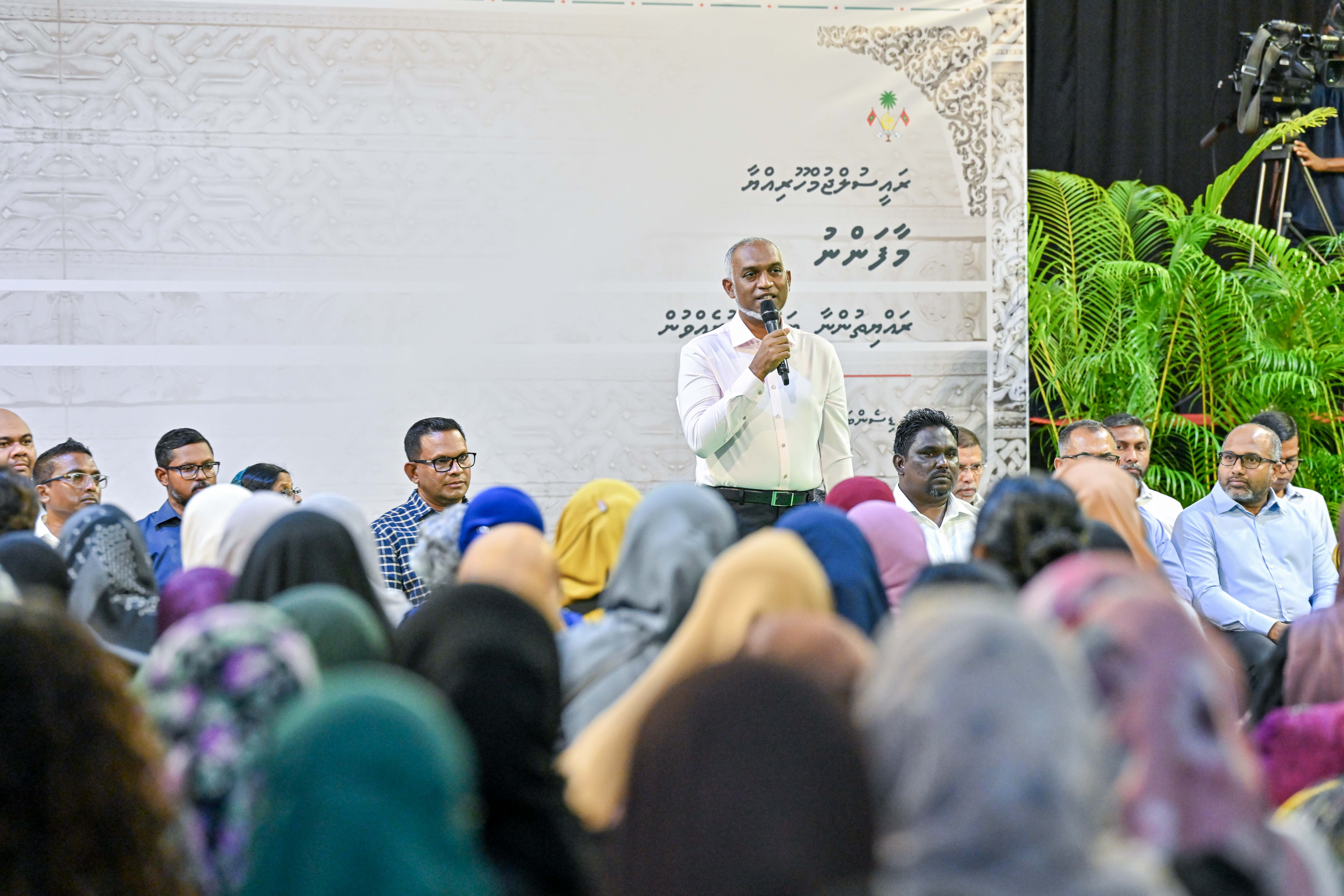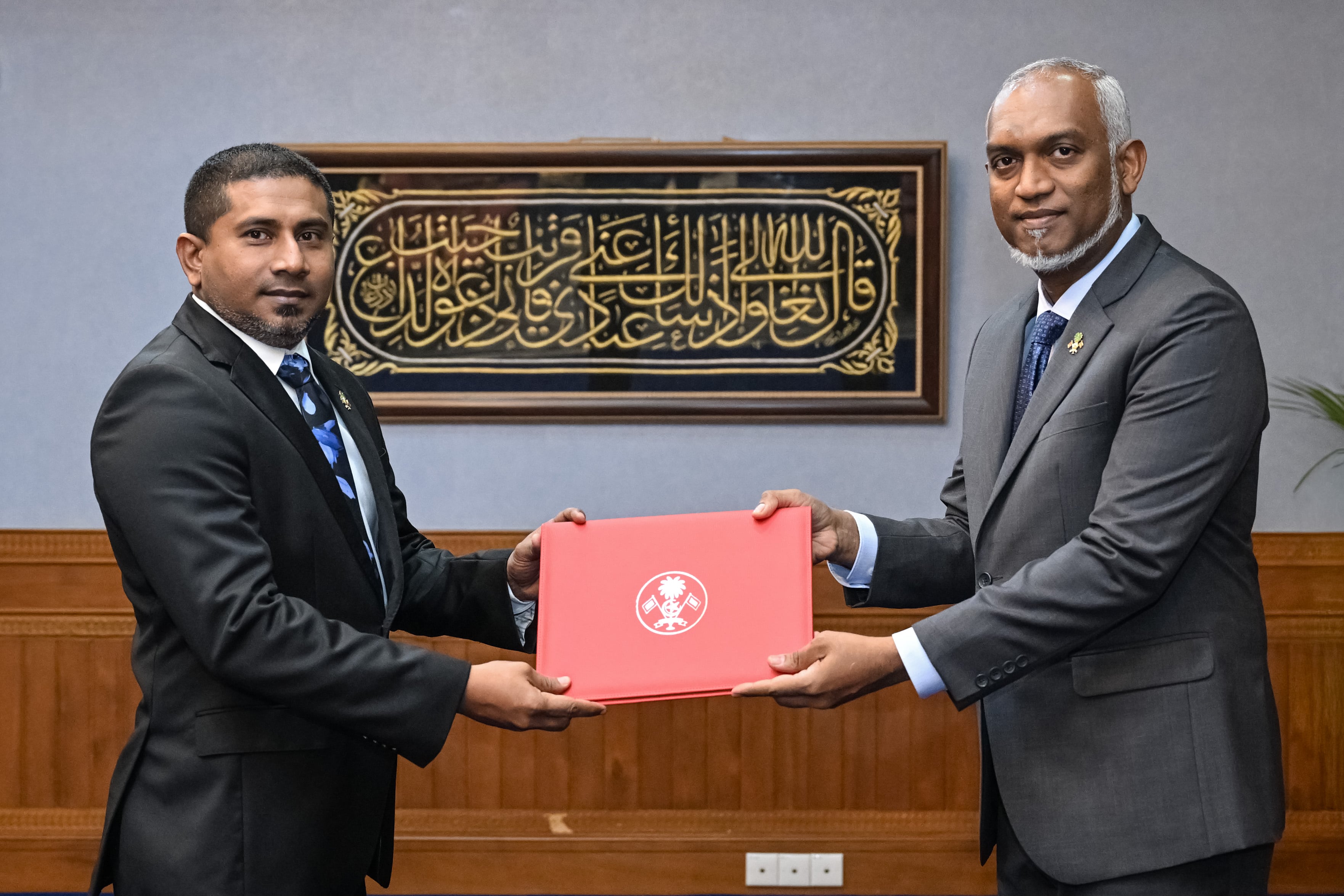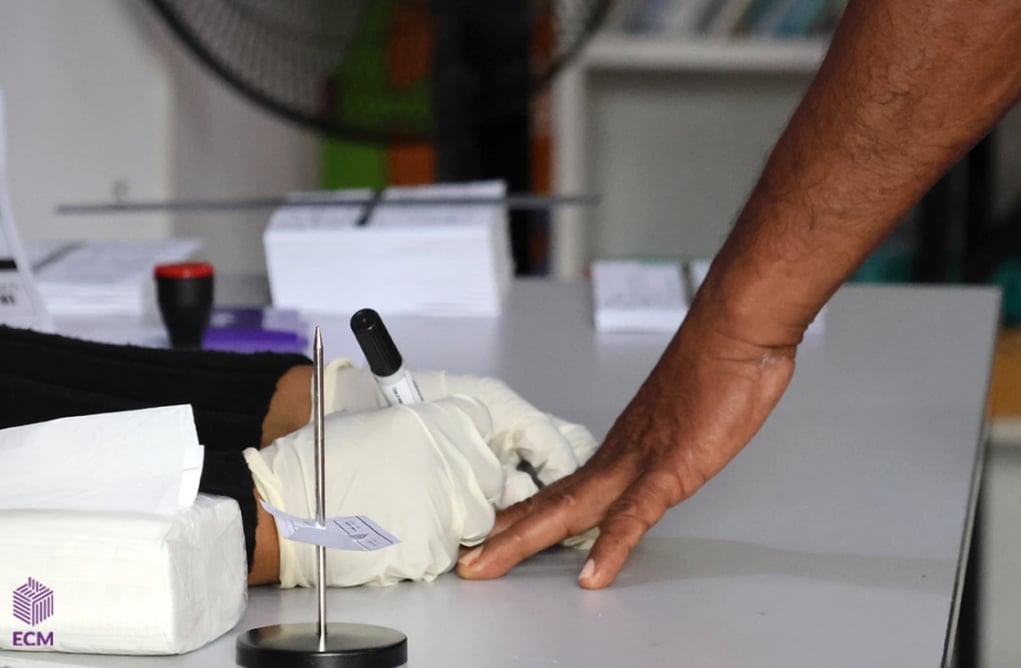Canada said Friday it will take in up to 20,000 Afghan refugees, including women leaders, government workers, and others facing threats from the Taliban, as insurgents advanced across the country seizing major cities.
Four federal ministers said the refugees being brought from Afghanistan will be those most in danger at a news conference late Friday afternoon. They will include women leaders, human-rights advocates, journalists, LGBTQ individuals, those who belong to persecuted religious groups, and families of interpreters already resettled in Canada.
The Afghans will arrive through family-class sponsorship and government-assisted refugee programs, as well as private sponsorship, Immigration Minister Marco Mendicino said.
“The situation in Afghanistan is heartbreaking and Canada will not stand idly by,” immigration minister Marco Mendicino told a news conference.
Earlier Friday, many countries including Spain, Denmark, Norway, and the Netherlands announced the withdrawal of staff from their respective embassies.
Canada has said it is monitoring the situation in Afghanistan “very closely” and working with its allies on the ground.
“Protecting the Canadian Embassy and our staff is our top priority,” said foreign minister Marc Garneau.
Canada ended its combat mission in Afghanistan in 2011, by which point 158 Canadian Armed Forces members and seven Canadian civilians had died in the conflict. In subsequent years, Canada has continued to support Afghanistan with humanitarian and development aid.
Four federal ministers said the refugees being brought from Afghanistan will be those most in danger at a news conference late Friday afternoon. They will include women leaders, human-rights advocates, journalists, LGBTQ individuals, those who belong to persecuted religious groups, and families of interpreters already resettled in Canada.
The Afghans will arrive through family-class sponsorship and government-assisted refugee programs, as well as private sponsorship, Immigration Minister Marco Mendicino said.
“The situation in Afghanistan is heartbreaking and Canada will not stand idly by,” immigration minister Marco Mendicino told a news conference.
Earlier Friday, many countries including Spain, Denmark, Norway, and the Netherlands announced the withdrawal of staff from their respective embassies.
Canada has said it is monitoring the situation in Afghanistan “very closely” and working with its allies on the ground.
“Protecting the Canadian Embassy and our staff is our top priority,” said foreign minister Marc Garneau.
Canada ended its combat mission in Afghanistan in 2011, by which point 158 Canadian Armed Forces members and seven Canadian civilians had died in the conflict. In subsequent years, Canada has continued to support Afghanistan with humanitarian and development aid.


















